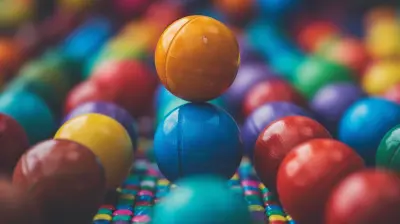How Gaming Influences Our Brain Chemistry and Mood
17 September 2025
Gaming. It’s more than just a way to pass the time. For a lot of us, it’s a way to unwind after a long day, a method to challenge ourselves, or even a means to connect with others across continents. But have you ever stopped to think about what actually happens inside your head when you’re gaming? Why do we feel that rush of excitement when we win a level or the frustration when we lose? Well, it turns out that gaming has a huge influence on our brain chemistry and mood — and the science behind it is pretty fascinating.
Let’s dive into the digital realm of pixels, power-ups, and dopamine to understand how gaming interacts with our brains.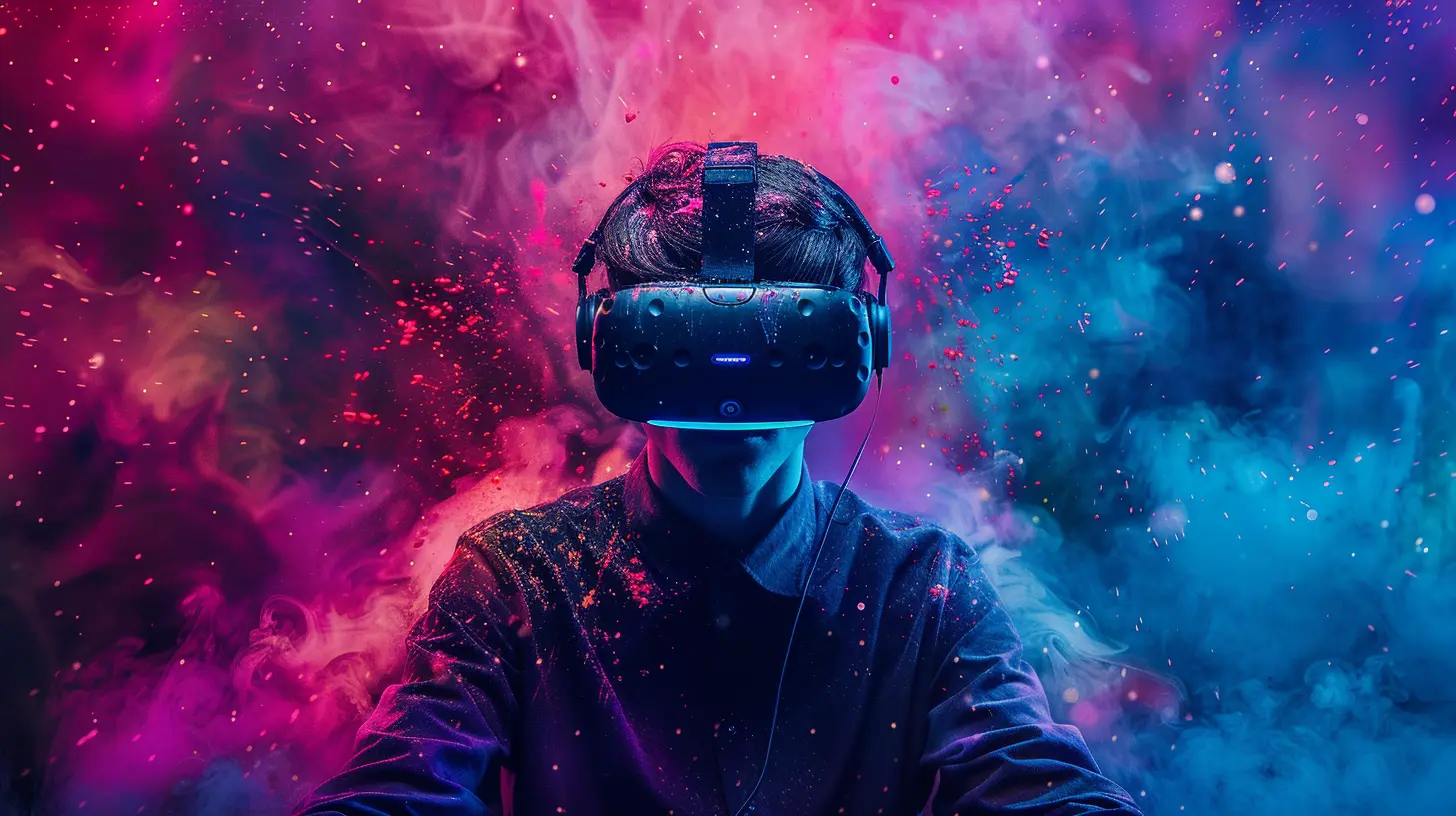
The Brain on Games: What's Really Happening?
You know that feeling when you finally beat a boss level after trying for hours? That surge of energy, joy, and satisfaction? That’s not just in your imagination — it’s chemistry.Dopamine: The Brain’s Feel-Good Chemical
At the core of gaming’s influence on the brain is dopamine, often dubbed the “feel-good” neurotransmitter. Every time you complete a quest, unlock an achievement, or hear that satisfying “ding” of success, your brain gives you a little dopamine hit. It’s like your brain’s way of high-fiving you.But here’s the kicker — dopamine isn’t just released when you succeed. It also spikes in anticipation of a reward. That’s why you feel excited during gameplay, even before you hit the jackpot.
In fact, the reward systems in our brains activate in the same way when we:
- Eat our favorite food 🍕
- Win at gambling 🎰
- Or yes, play video games 🎮
Gaming taps directly into this system, making it incredibly engaging — even addictive for some.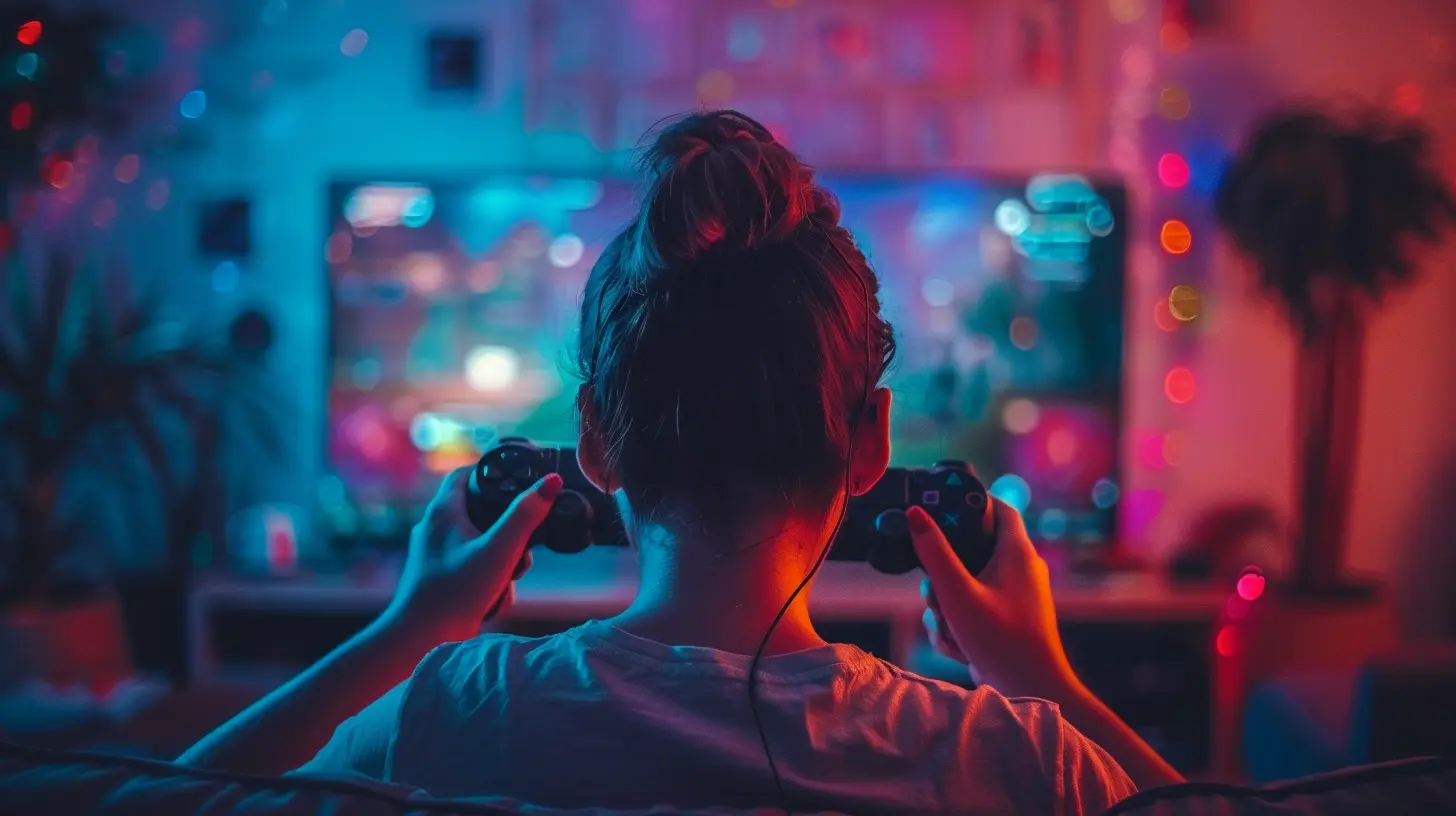
Mood Boosting or Mood Busting?
So, is gaming good or bad for your mental health? Well... it depends.Let’s break it down.
Positive Impacts on Mood
1. Stress Reduction
After a long, rough day at work or school, jumping into a game can be like a mini vacation. You get to escape reality, focus your mind on a specific goal, and forget your worries — at least temporarily. This mental "cool-off" period can actually lower cortisol levels (the nasty stress hormone).2. Elevated Happiness
When you game, especially with friends, your brain produces more serotonin and endorphins — chemicals directly tied to happiness and well-being. Multiplayer games, especially co-op ones, can foster feelings of camaraderie and joy.3. Sense of Accomplishment
Games often provide clear goals and rewards. Unlike real life, where results can be vague or delayed, in games you immediately see the result of your actions — which feels fantastic. This can boost confidence and motivation.Possible Negative Effects
1. Gaming Addiction
The dopamine reward system we talked about? It’s a double-edged sword. For some, the constant feedback loop becomes irresistible, leading to compulsive gaming habits. This can interfere with daily life — work, relationships, even sleep.2. Mood Swings
Ever rage-quit a game? Yeah, same. Losing or facing challenges in games can lead to irritability, especially if stakes feel high or you're emotionally invested. These mood swings can sometimes carry over outside your gaming session.3. Sleep Disruption
Late-night gaming binges? Guilty 🙋. Exposure to blue light and high stimulation close to bedtime can mess with your circadian rhythm, making it harder to fall and stay asleep. And poor sleep = cranky mood.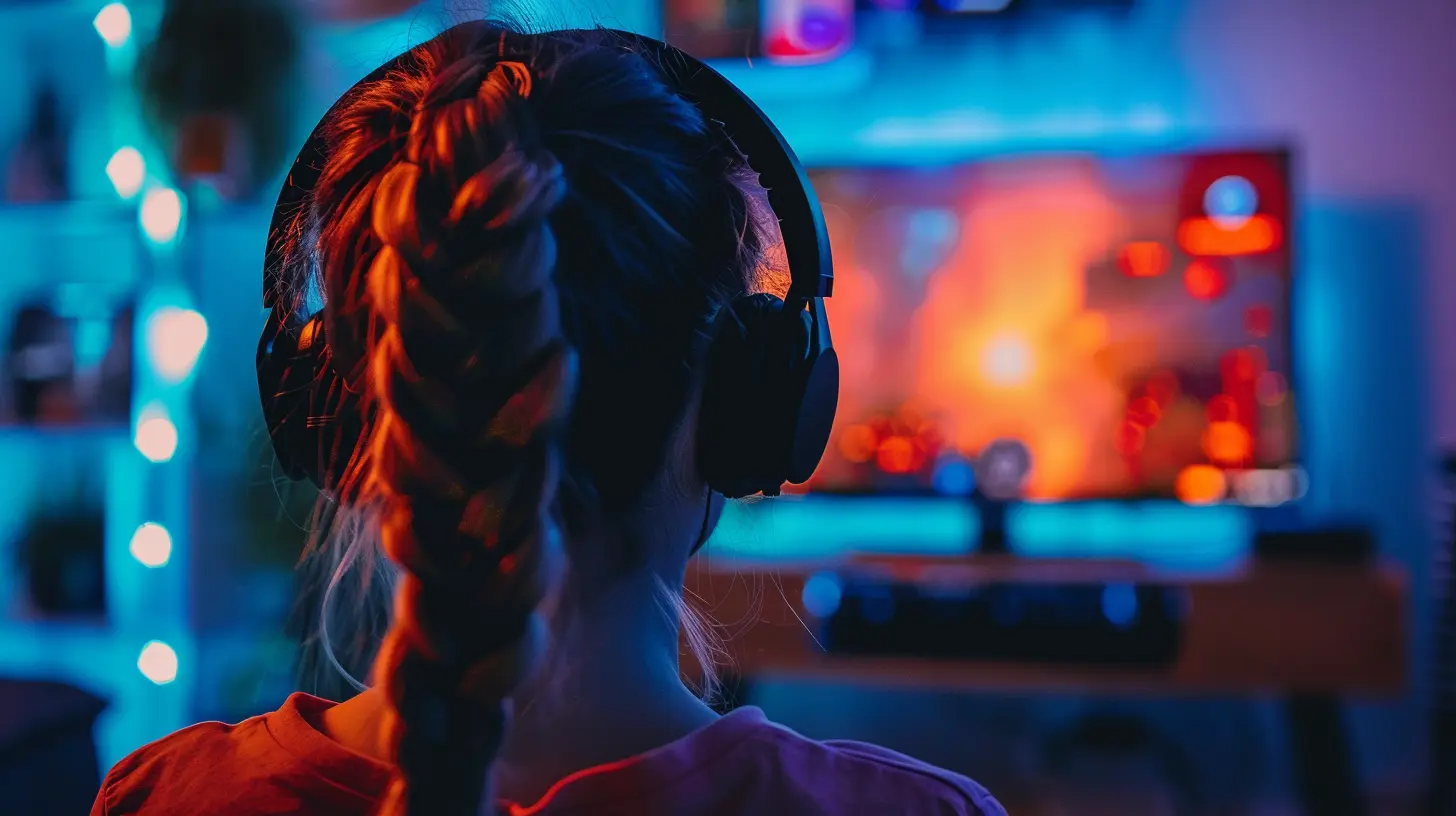
Different Genres, Different Chemicals
Not all games affect us the same way. The genre of the game can influence how your brain responds.Action Games
Fast-paced shooters or fighting games get your adrenaline pumping. They activate the amygdala, the brain’s fear and excitement center. This leaves you both alert and emotionally charged — a natural high.Puzzle and Strategy Games
Think Tetris, Portal, or Sid Meier's Civilization. These demand heavy cognitive engagement. They stimulate the prefrontal cortex, enhancing problem-solving skills and logical thinking. Solving puzzles also boosts dopamine levels, giving a calm, satisfying mood lift.RPGs (Role-Playing Games)
These are immersive and story-driven, often with complex narratives and emotional arcs. They trigger emotional responses and empathy — as you bond with characters or face moral decisions. Ever cried during a game? That’s your limbic system working overtime.Simulation Games
Games like The Sims or Stardew Valley offer players control over a virtual world. This sense of control can be therapeutic, especially for people feeling overwhelmed in real life. It's like organizing your mental space through a digital lens.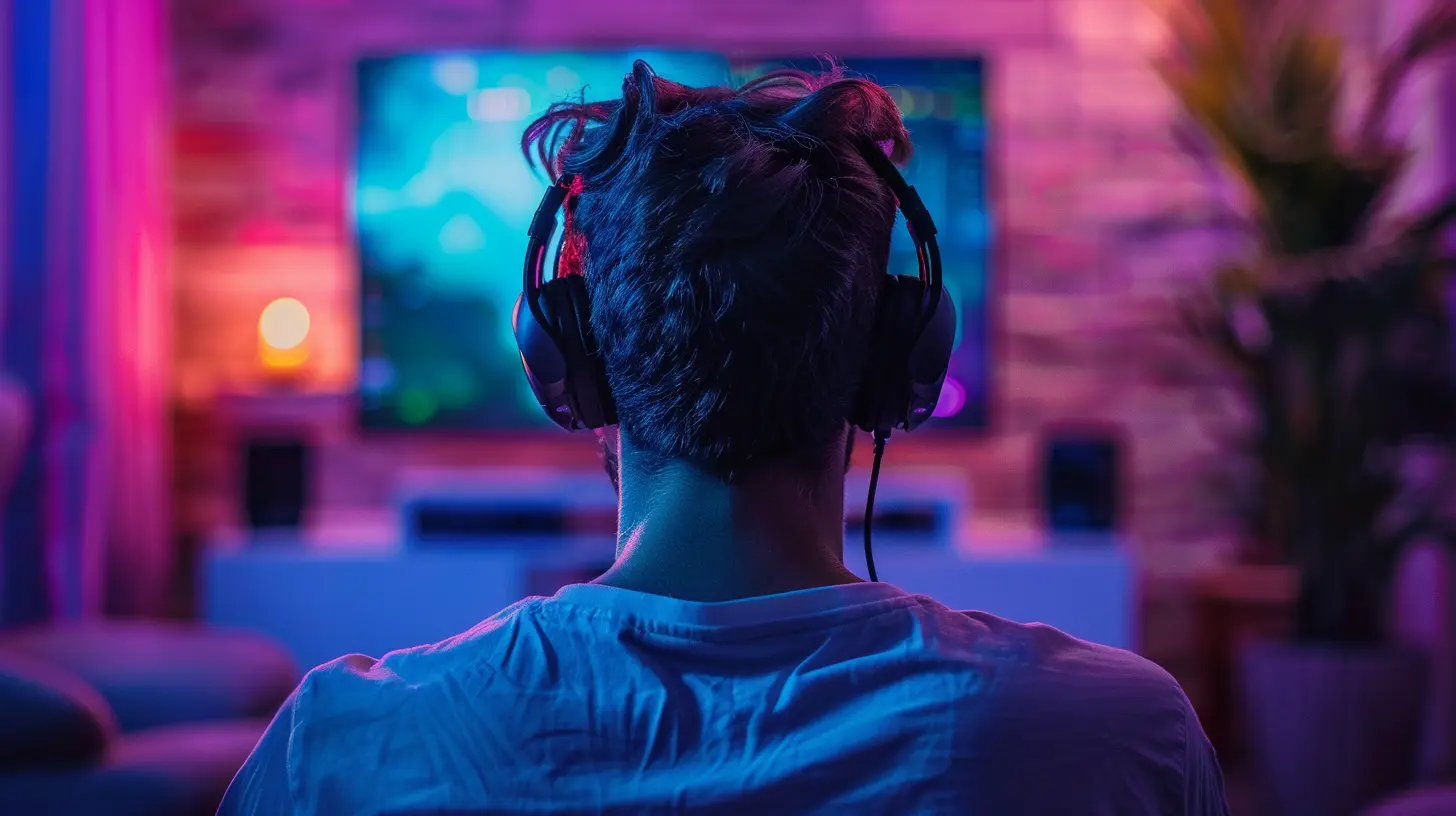
The Social Side of Gaming
Gone are the days of the lone gamer stereotype. Today, gaming is a massively social activity.Community and Connection
MMORPGs, multiplayer FPSs, and online co-op games allow players to connect, chat, and collaborate in real-time. These digital friendships can become real emotional support systems — especially valuable for those who struggle with face-to-face socialization.Teamwork and Empathy
Working together towards a shared goal in games like Overwatch or Among Us can improve communication skills and empathy. You learn to read body language (yes, even digital avatars give clues), negotiate, and compromise.Can Gaming Be Therapeutic?
Believe it or not, some psychologists use video games in therapy — and for good reason.Mental Health Benefits
- Anxiety Relief: Games that require focused attention help distract from anxious thoughts.- Depression Management: Games with rewarding systems and positive messages can elevate mood and promote goal setting.
- PTSD Therapy: Some VR games are specifically designed to help trauma survivors safely face and process their experiences.
There’s even a term for all this — “gamification” — using game-based elements in non-gaming environments to improve mental health and motivation.
Balance Is Key
Look, we love games. But like most things in life, balance is essential.Play too much, and your brain may become overstimulated, leading to fatigue or burnout. But when played in moderation, gaming can be a powerful tool for mood enhancement and cognitive stimulation.
Here are a few tips to keep your mind and mood in tip-top shape while gaming:
- Set time limits: Use timers or parental controls if needed.
- Take breaks: Follow the 20-20-20 rule — every 20 minutes, look at something 20 feet away for 20 seconds.
- Be mindful of your emotions: If a game constantly frustrates you, try something more relaxing or switch genres entirely.
- Play with friends: Social connections amplify the positive effects of gaming.
- Avoid late-night marathons: Your brain needs rest just as much as it needs rewards.
Final Thoughts
Games are more than just entertainment — they’re tools that can shape our emotions, thoughts, and even our social lives. From dopamine hits to stress relief, gaming touches the complex inner machinery of our brains in ways we’re only beginning to fully understand.So next time someone says, “You’re wasting time playing that game,” you can smile and know your brain is having an absolute field day behind the scenes.
Now grab that controller (or mouse), and game on — wisely.
all images in this post were generated using AI tools
Category:
Gaming And Mental HealthAuthor:

Whitman Adams
Discussion
rate this article
2 comments
Oren Flores
Who knew leveling up in a game could also level up our serotonin? Forget potions—just hand me a controller! If gaming rewires our brain chemistry, I must be an engineer by now. Now, where’s my gold medal for mood enhancement?
February 19, 2026 at 3:50 AM
Christa McGuire
Thank you for this insightful article! It’s fascinating to see how gaming can positively impact our brain chemistry and mood, highlighting its potential as a therapeutic tool.
September 21, 2025 at 4:11 AM

Whitman Adams
Thank you for your kind words! I'm glad you found the article insightful and can see the therapeutic potential of gaming.


